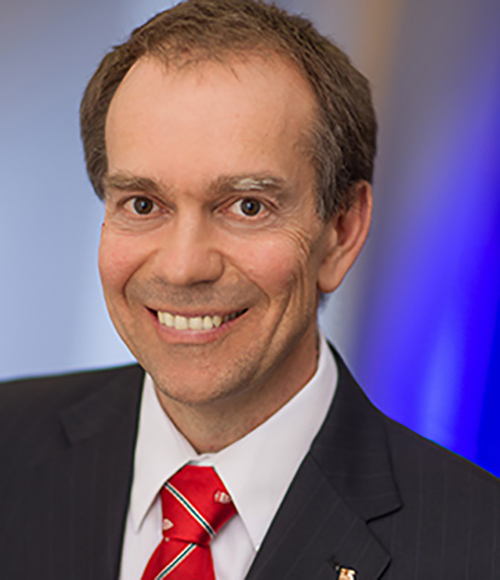Exploring professional relationships in medicine

As physicians in BC (and across Canada), each day we encounter challenges that affect our professional relationships. Some of these challenges are the result of changing times—new technology, increased team-based care, and ever-increasing demands on our time.
So what do I mean by “professionalism”? We have established definitions of medical professionalism, developed over the years by different organizations. The Canadian Medical Association defines three key elements of medical professionalism: ethics of care, clinical independence, and self-regulation. Other elements of practising medicine include our use of scientific evidence, social contract, altruism, and a sense of pride in what we do.
Medicine is a complex network of relationships. The system comprises uncertain circumstances in which physicians practise an imperfect science, work within or deal with multiple practice modalities, and communicate with many different people throughout the course of the day.
Professionalism is an ideal that physicians strive for in every aspect of their working lives. It is the cornerstone of our relationship with patients, one another, and other health care providers. Unfortunately, there is a general sense that professionalism is eroding.
The BCMA has spent a good deal of time researching this issue by reviewing literature and collecting evidence, and has developed a policy paper outlining the situation and making recommendations to improve professional interactions. Rather than attempting to identify every challenge or to redefine the term, the BCMA has taken a more pragmatic approach, exploring how professional relationships are being influenced, and what opportunities exist to improve and strengthen those relationships.
In the spring of 2012, the BCMA held a stakeholder forum to get varying perspectives on the current state of professional relationships and to identify specific areas for improvement. Stakeholders included health authorities, the CMA and other physician groups, CMPA, UBC Faculty of Medicine, PAR-BC, and the college and association of pharmacists, all of whom provided valuable feedback. As well, the Association surveyed BC physicians to learn their perspectives. Adding to the qualities of medicine listed earlier, the physicians surveyed mentioned lifelong learning, clinical reasoning, communication, and mentoring/teaching. The overwhelming response to the survey highlighted the passion and pride physicians hold for our profession.
You might also be wondering why there is a need to bring this to the forefront of our discourse. I think there is great value in the possibility of learning something new, and it never hurts to be reminded of how our communications and actions influence others. The trust and confidence created by enhancing professional relationships enables effective management of the uncertainty and complexity of medical practice. By improving professional relationships, health care professionals are better able meet the challenges and expectations of their work.
Although there is a sense that unprofessional behavior is more common in health care than we would like to admit, respectful workplace policies, critical self-reflection, and a desire to continually improve ourselves will enable us to do our part to maintain a positive environment conducive to the best clinical care. This cannot be done in isolation as our relationships are reciprocal, but by choosing to uphold the virtues of professionalism in ourselves and by holding one another accountable, physicians can improve professional satisfaction, enhance the patient experience, and provide the highest standard of health care.
The BCMA’s policy paper on the topic will be released later this month. I hope you will have the opportunity to review it and that it prompts some good discussion. It will be posted on the BCMA’s website at www.bcma.org.
—William Cunningham, MD
BCMA President

